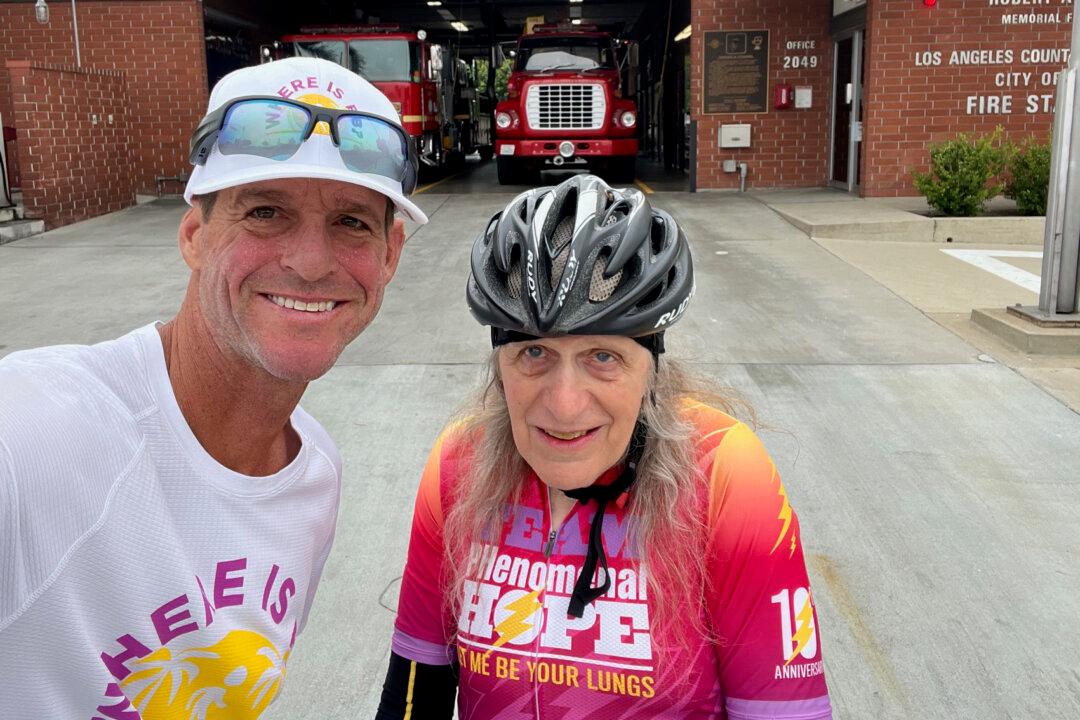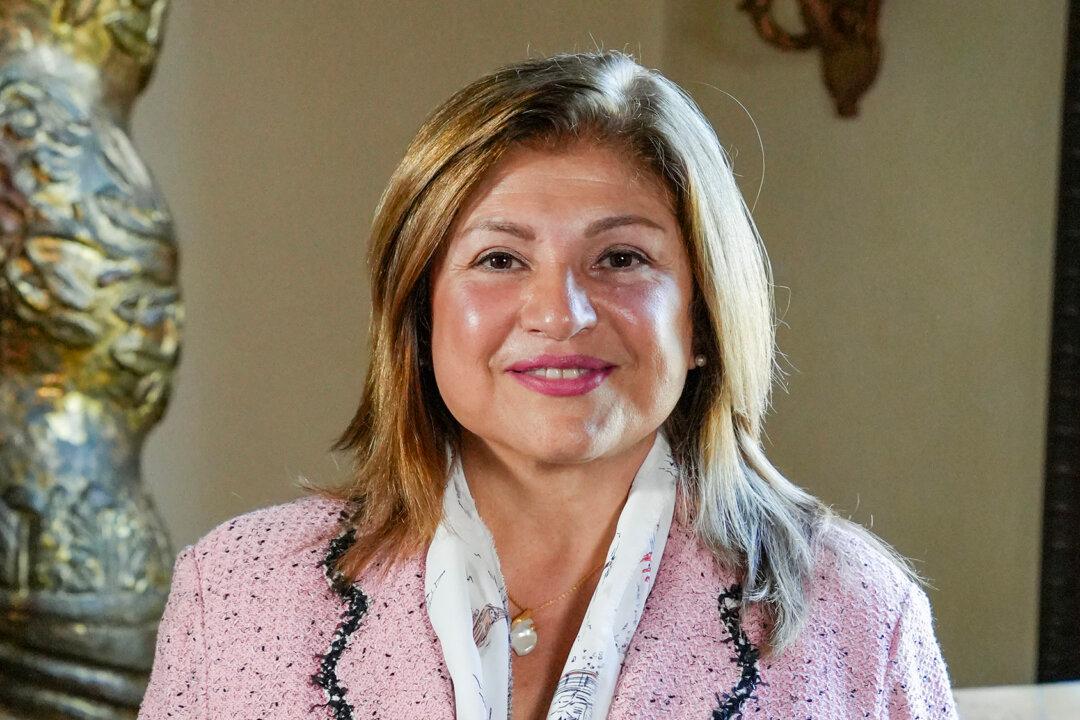Four years ago, doctors told Eric Borstein he had a few months to live. This week he’s walking 190 miles from Los Angeles to San Diego to raise awareness of his rare disease and how he’s beating it, one step at a time.
In September 2020, the Los Angeles resident was diagnosed with a rare lung disease called pulmonary arterial hypertension, a type of high blood pressure that affects the right side of the heart. The lungs’ blood vessels are blocked, increasing blood pressure and causing the heart to work harder until it weakens and fails.






